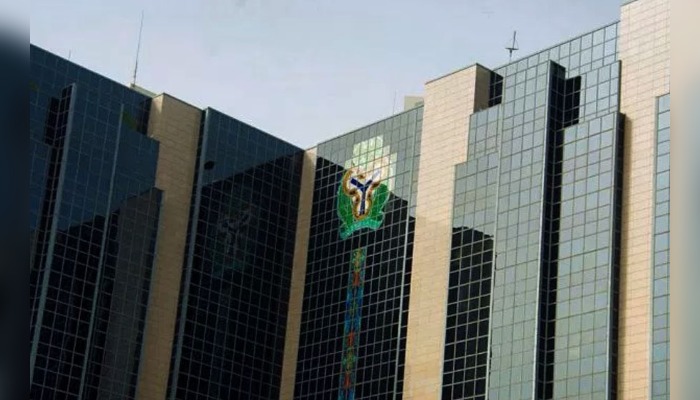As the Monetary Policy Committee (MPC) members of the Central Bank of Nigeria (CBN) meet on Monday and Tuesday in a crucial meeting that aims to determine the direction of the key interest rate, analysts see rate cuts on the cards as a disinflationary trend persists.
Analysts at Lagos-based Afrinvest West Africa sees a 50 to 75 basis points slash in borrowing costs, citing an improved macroeconomic indices such as the Stanbic Purchasing Managers Index (PMI) rising to four-month high of 54.2 percent in August, while gross external reserves rose to $40.2 billion – the highest level since September 2019.
In support of its rate cut stance, the analysts pointed to the continued rally of the naira which appreciated 2.5 percent in 2025, the easing of core inflation to a 2025 low of 20.3 percent and the average money supply (M3) growth slowing to 19.3 percent compared to 63.8 percent in 2024.
“Against this backdrop of favourable price dynamics, firm business expectations and positive external sector dynamics, we consider the macro environment ripe for a rate cut,” Afrinvest wrote in a note on Friday.
“Nonetheless, the risk of global reinflation, volatile geopolitical landscape, susceptibility of the energy markets to shocks and influence of base-year impact on domestic inflation trend may constrain the MPC to a 50–75bps rate cut next week.”
In its own report, analysts at CSL Brokers expect a 50 to 100 basis points cut, stating a sustained decline in inflationary pressures and the recent appreciation of the naira.
It projects inflation falling to around 18 percent in September largely due to the seasonal harvest cycle and the continued strengthening of the naira.
Read also: Why MPC should stay cautious in September meeting – Yemi Kale
“We see scope for a potential shift in the Central Bank of Nigeria’s (CBN) policy stance and anticipate that the Monetary Policy Committee (MPC), could consider an interest rate cut of between 50 and 100 basis points.”
Inflation in Africa’s top crude producer has continued to slow for the fifth straight month, easing to 21.12 percent in August compared to 21.88 percent in the prior month.
Prices of food also cooled to 21.87 percent for the first time in three months, bringing a likely respite to households who have continued to grapple with weakening purchasing power.
But core inflation, which excludes volatile food and energy components, edged higher on a month-on-month basis even though it continued its downward trend year-on-year at 20.33 percent, moderating for the second consecutive month.
Cordros Research analysts noted that global monetary easing has gained momentum while trade tensions have remained largely subdued, stressing that prices have continued to moderate in Africa’s most populous nation with naira gaining stability.
Against the backdrop of key macroeconomic indicators suggesting improved stability, the analysts said the monetary authorities could begin a gradual transition toward monetary easing.
“However, any shift is likely to be cautious. We project a 50bps cut in the Monetary Policy Rate (MPR), signalling a measured effort to foster economic growth while maintaining its commitment to price and exchange rate stability.”
Uche Uwaleke, director of Institute of Capital Markets Studies, Nasarawa State University, however thinks policymakers may not consider lowering interest rates as consumer prices still remain stubbornly high and liquidity injection into the system by the Federal Account Allocation Committee poses a downside risk to inflation.
“There is an expectation that the MPC will cut the rate, but I don’t see that happening this month. Even if it’s going to happen, I want to bet that it’ll pick up next year, maybe the first quarter of next year,” said Uwaleke, a professor of finance and capital on a televised program.
“The MPC may still decide to hold the rates even up till November, and that’s because the inflation rate remains elevated at 20.12 percent, and this is against the CBN’s target of 6 to 9 percent, and the target for this year’s budget is 15 percent.”

